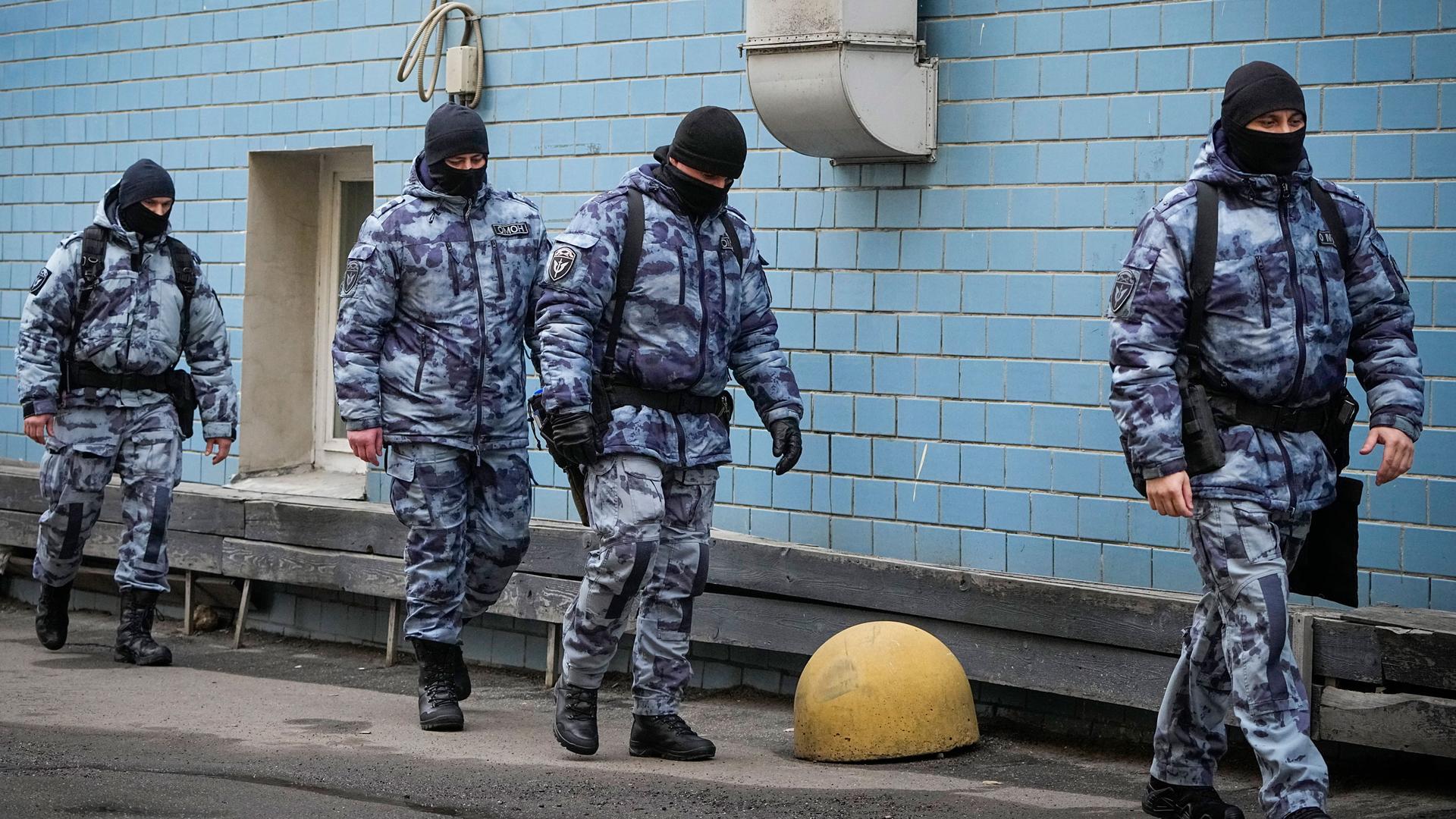In Moscow, billboards and street signs all around the city say “We mourn.”
Across the country, flags are at half mast and over the weekend at the Crocus City Hall concert venue, people lined up to lay flowers and light memorial candles.
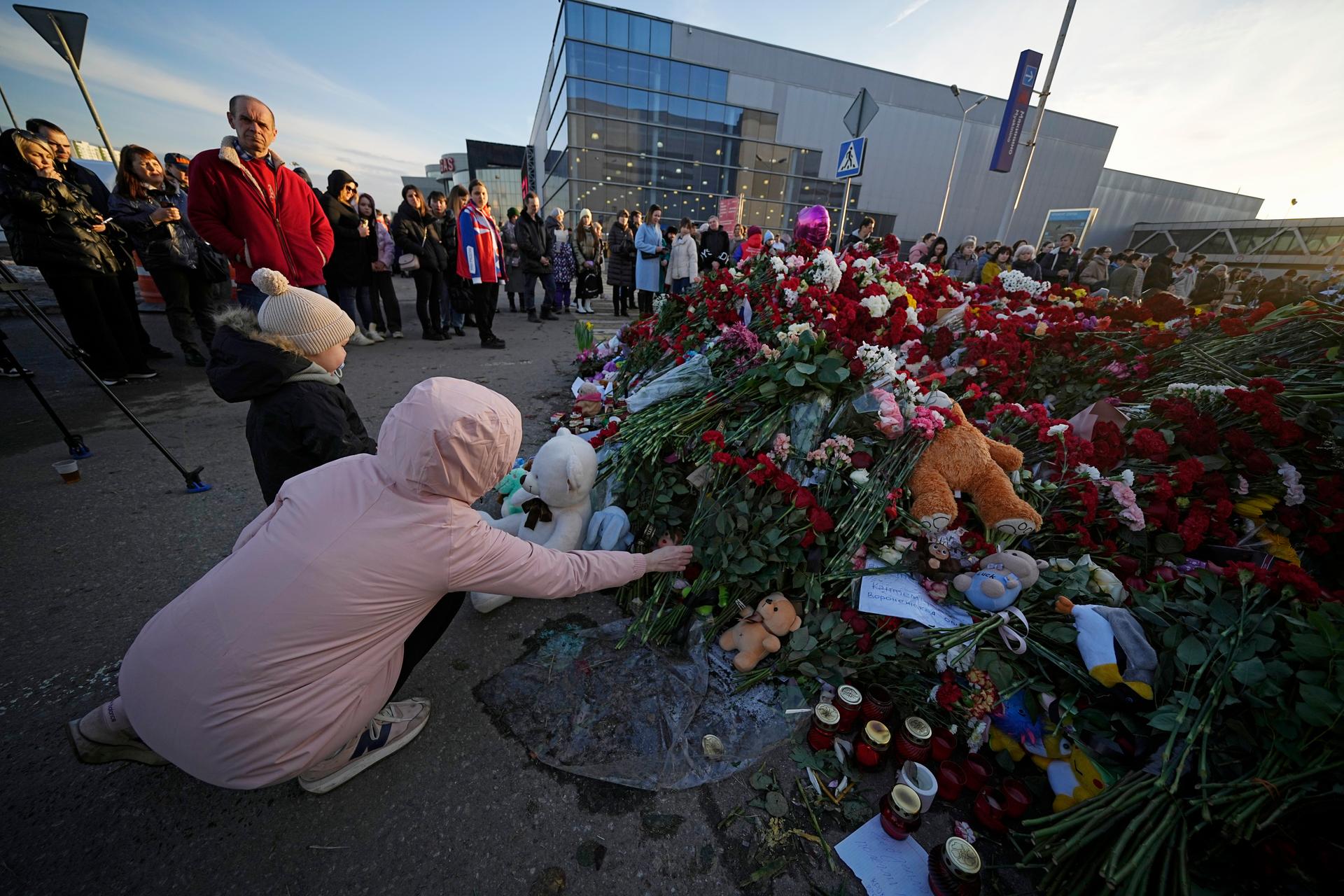
On March 22, gunmen attacked the Crocus City Hall concert venue outside Moscow. According to Russian officials, the attack left 137 dead and at least another 180 people injured. Multiple suspects have been taken into custody and put in a pre-trial detention center.
While many key questions around this attack remain unanswered, the Kremlin is already forming a narrative that will likely have severe political and security implications.
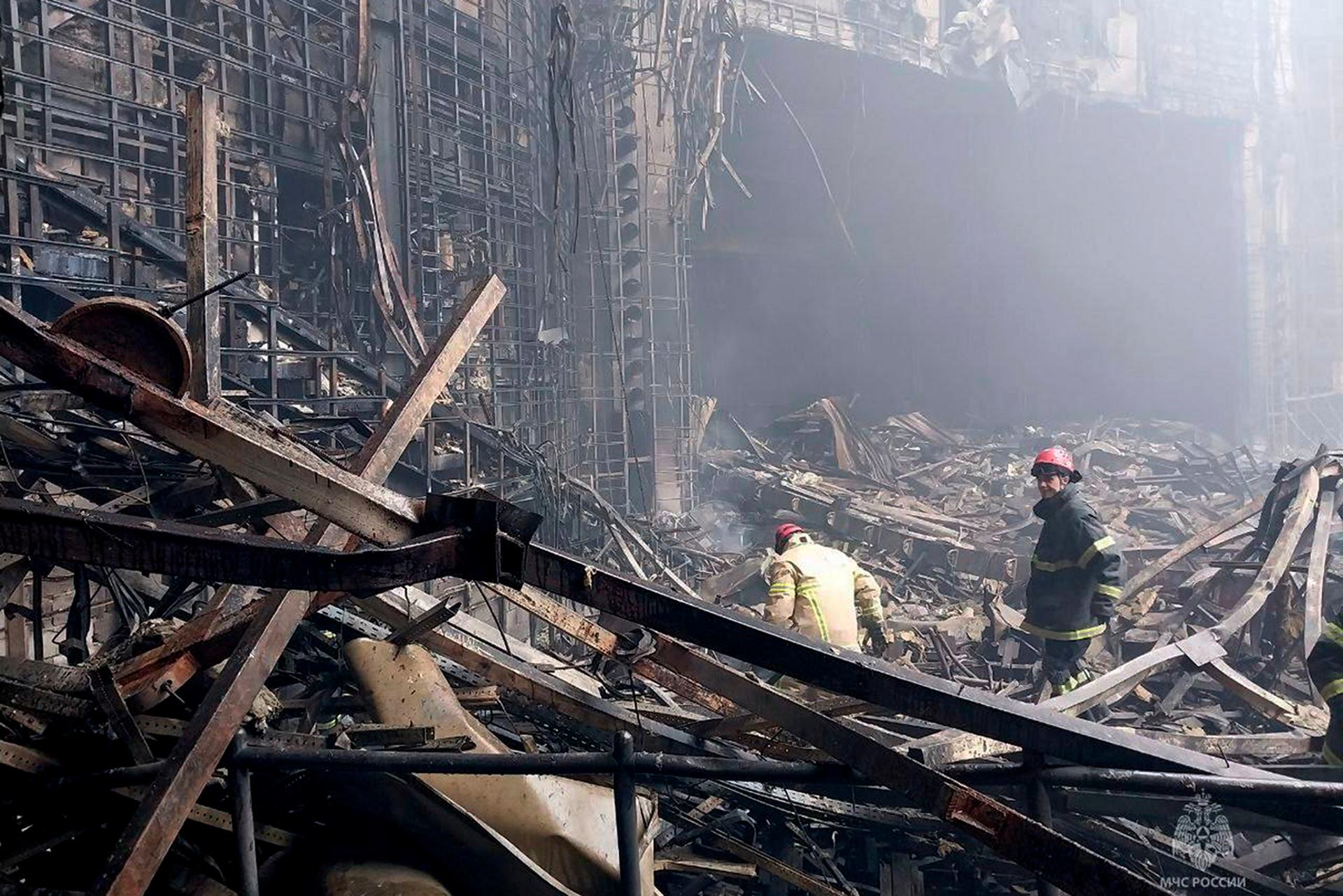
Russian President Vladimir Putin addressed the nation one day after the attack, calling it a “bloody, barbaric act of terrorism.”
He said that the four gunmen who allegedly executed the attack were taken into custody and did not directly address who was responsible — but he did make some strong insinuations that Ukraine was involved.
“The gunmen tried to get away, and were moving toward Ukraine,” he said, adding that “a window for crossing the border was prepared for them by the Ukrainian side.”
But he didn’t present any evidence.
Ukrainian President Volodymyr Zelenskiy called out Putin, accusing him of remaining silent for a day while “thinking about how to blame Ukraine.”
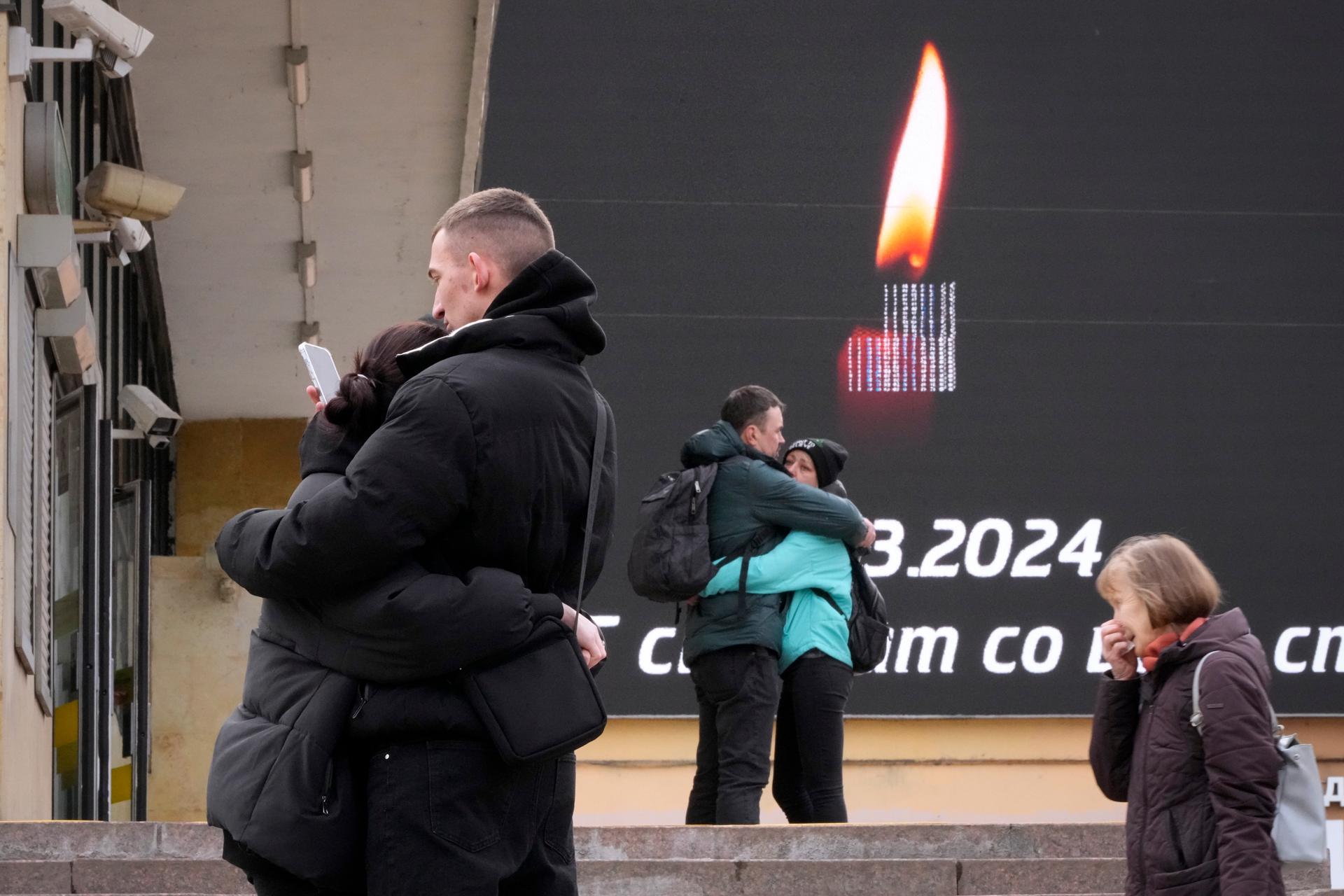
According to numerous reports, ISIS-K, an ISIS affiliate, has taken responsibility for the attack. The group shared a photograph of the four alleged gunmen as well as a video filmed by one of the attackers during the shooting.
US officials have also attributed the attack to ISIS. “ISIS bears sole responsibility for this attack. There was no Ukrainian involvement whatsoever,” National Security Council spokesperson Adrienne Watson said in a statement.
But Putin made no mention of ISIS during his speech — and the narrative blaming Ukraine has taken on a life of its own on Russian state TV. The media is echoing Putin’s message that the terrorists were making their way toward Ukraine after the attack.
Weeks before the mass shooting, the US Embassy in Moscow issued a security alert, warning that “extremists” had “imminent plans to target large gatherings in Moscow.”
But Putin dismissed them as just “provocative statements.”
Three days before the attack, Putin called the warnings “blackmail” with the intention to “intimidate and destabilize” Russian society.
“The political reasons were put above intelligence and above people’s lives,” said Irina Borogan, an expert on Russia’s security services with the Center for European Policy Analysis. She said that Russian security agencies such as the Federal Security Service (FSB) and regular police had access to information, but they didn’t act on it.
“If I’m an FSB officer or I’m a police officer, I can’t come to my superior and say, ‘We have to pay attention to this,’ because this is an authoritarian country and my president said that this is all disinformation and provocative information from the Americans.”
And as a result of that political thinking, Borogan said, the response was inadequate.
“The response from the Russian security services was very, very weak,” Borogan said, adding that Moscow has a huge security force presence with about 100,000 police officers, but “no one appeared at the crime scene, at least at the moment when the gunmen were shooting at people.”
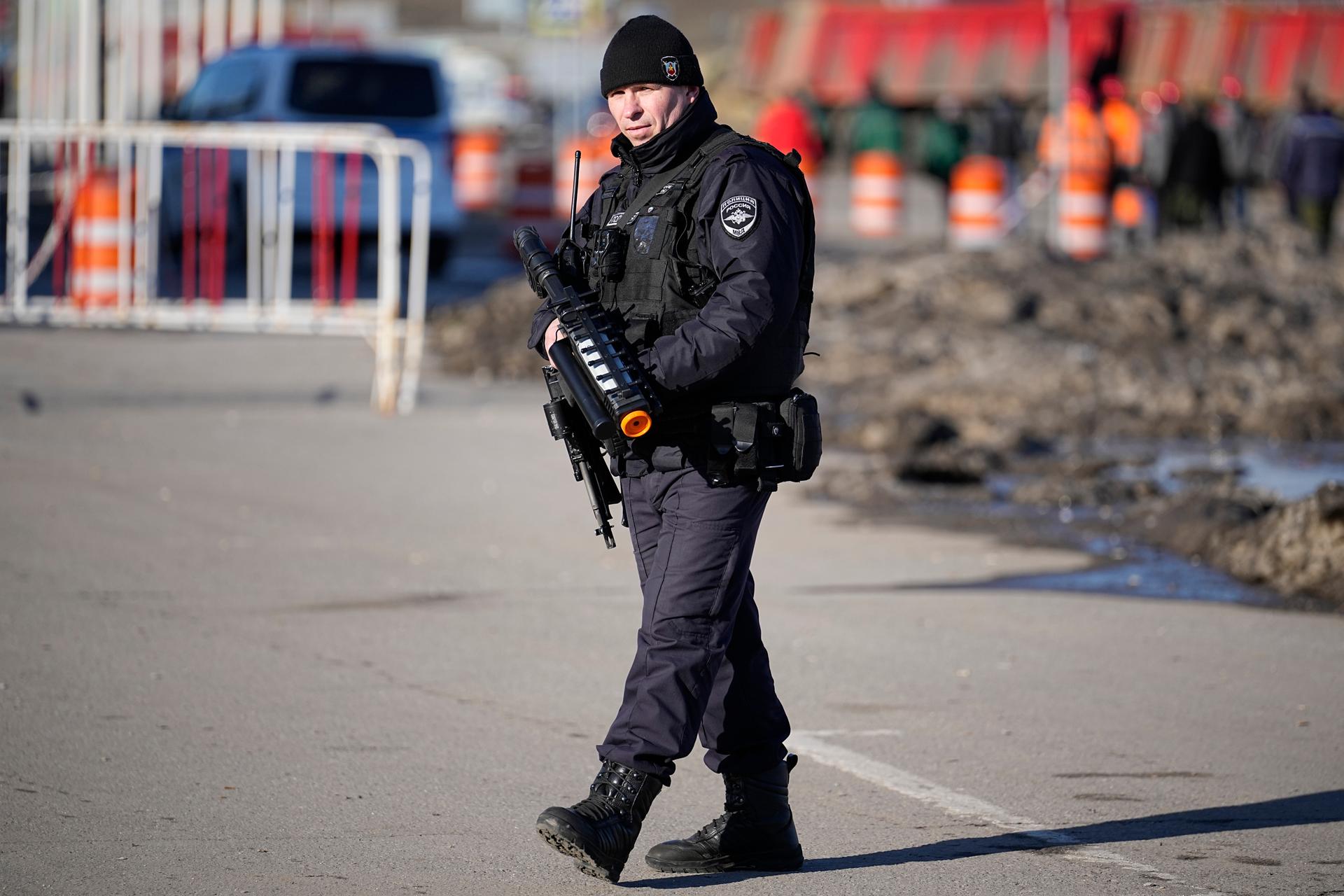
Borogan said that another security failure was that the gunmen were able to escape. They were finally caught about 200 miles west of Moscow.
She said finding an easy scapegoat like Ukraine helps distract from the Kremlin’s mistakes.
“Russia is at war with Ukraine, and the population needs some simple explanation, and Ukraine it sounds really plausible for people who are supportive of the war,” Borogan said.
Of course not all Russians support the war in Ukraine, so blaming Ukraine doesn’t work as an explanation for everyone.
Borogan said that Russian security services have tried to signal their strength by allowing videos to circulate showing the alleged gunmen bloodied and tortured.
“We saw torture by the Russian security services many times before, but usually, they don’t want to demonstrate what happened. But these days, that is not the same. To me, it’s an attempt to distract the attention from what happened, from the security services to revenge,” she said.
When it comes to revenge, the Kremlin’s reaction will likely be harsh, but not just toward the assailants.
Russia is already a highly repressive security state. Borogan and other analysts will be watching how much further Putin could go.
